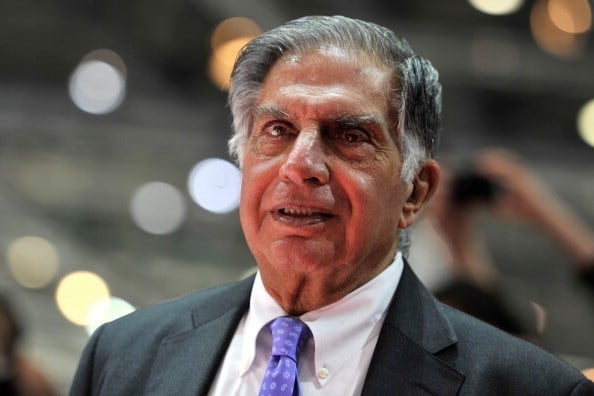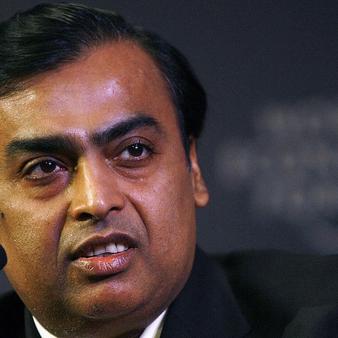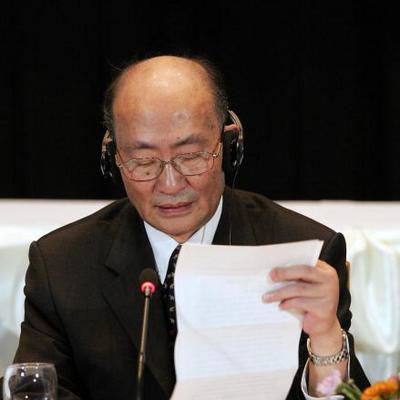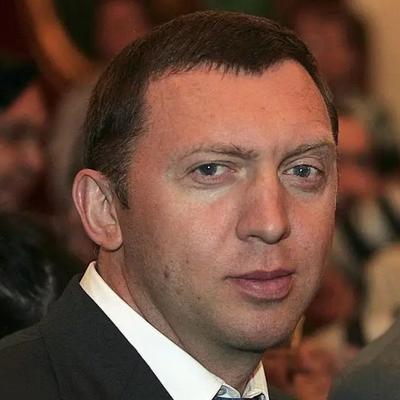What is Ratan Tata's net worth?
Ratan Tata is an Indian businessman and philanthropist who has a net worth of $500 million. Ratan Tata earned his fortune as a member of the Tata family, which owns Tata Sons, one of India's largest conglomerates. Tata has been recognized for his leadership and innovation, and has been instrumental in shaping the landscape of Indian business and industry. He is also one of the world's foremost philanthropist, having given away 60-70% of his personal fortune which at one time easily topped $2 billion. Ratan Tata is on the program board of the Bill and Melinda Gates Foundation's India aids initiative.
Early Life and Education
Ratan Tata was born on December 28, 1937, in Mumbai, India, which was then known as Bombay, Bombay Presidency, British India. He grew up in a prominent family. His parents, Naval Tata (father), and Soonoo Commisariat (mother) was a well known family in the community of Parsi. His mother and father separated and Ratan Tata was raised by his grandmother. Ratan attended the Cathedral and John Connon School in Mumbai before moving to the United States to attend Cornell University. Tata earned a degree in architecture from Cornell in 1962, and went on to complete an advanced management program at Harvard Business School in 1975.
Career and Rise to Leadership
After completing his education, Ratan Tata began his career working for Tata Group, the family business founded by his grandfather. Tata worked his way up through the ranks of the company, and was named chairman in 1991.
Under Tata's leadership, Tata Group grew into one of the largest and most respected conglomerates in India. Tata oversaw several major acquisitions and expansions, including the acquisition of British steelmaker Corus and the creation of Tata Motors, the company responsible for the production of the Tata Nano, the world's cheapest car.
In addition to his work with Tata Group, Ratan Tata has been involved in several other business ventures, including a partnership with Starbucks to bring the coffee giant to India.
Philanthropy and Social Responsibility
Throughout his career, Ratan Tata has been a strong advocate for social responsibility and philanthropy. He has donated millions of dollars to several charitable organizations, including the Tata Trusts, which he chairs.
The Tata Trusts are a collection of philanthropic organizations dedicated to promoting education, healthcare, and social welfare in India. Under Tata's leadership, the Trusts have become one of the most important and influential philanthropic organizations in the country.
Tata has also been a vocal advocate for environmental sustainability and has worked to promote green initiatives in his business ventures. In 2008, Tata Group launched the Tata Nano, a low-cost car designed to be affordable and environmentally friendly.

Harold Cunningham /Getty Images
Honors and Recognition
Throughout his career, Ratan Tata has been recognized for his leadership and innovation, and has received numerous awards and honors. In 2008, he was awarded the Padma Vibhushan, one of India's highest civilian honors, for his contributions to industry and philanthropy.
In addition to his professional accomplishments, Ratan Tata has been recognized for his personal integrity and ethics. He has been a vocal critic of corruption and crony capitalism in India, and has spoken out against unethical business practices.
Retirement and Legacy
Ratan Tata retired from his role as chairman of Tata Sons in 2012, but remains active in several business ventures and philanthropic organizations. His legacy as a leader and innovator in Indian business and industry is widely recognized, and he is viewed as a role model for future generations of entrepreneurs and business leaders.
Ratan Tata started out shoveling limestone and tending to the blast furnace, in Jamshedpur, on the ground floor. In 1971, he became the Director of NELCO, which was not doing so well, at the time. Under his leadership the company's market share increased by 23%, but the company quickly began to decline, due to labor issues and the economy. He helped to turn around the Empress Mills, but, because he wasn't allowed the Rs 50 lakh he needed, the company hit bottom, and was shut down in 1986. Since then, Ratan has taken over the position of Tata Industries chairman, after JRD Tata stepped down, in 1981 and has become group chairman of the Tata group. He was responsible for obtaining many companies, such as, Tetley, Land Rover, Corus and Jacquar. Other major Tata companies include Tata Steel, Tata Motors, Tata Teleservices, The Indian Hotels Company, Tata Power, Tata tea, and Tata Chemicals. Ratan Tata is known for turning Tata into a world wide success.








